Hundreds gathered in the center of the quad on Wednesday in a rally organized by four major unions, together representing more than 6,500 workers.
Nurses at UChicago Medicine (UCMed) are represented by National Nurses United (NNU). Facility service workers on campus and at UCMed are a part of Service Employees International Union (SEIU) Local 73. These groups have been major labor presences on campus for decades. Nurses, facility services workers on campus, and hospital service employees are all negotiating contracts with the University.
Graduate Students United-United Electrical (GSU-UE), which represents UChicago graduate student employees, is bargaining for its first contract with the University after winning a National Labor Relations Board (NLRB) election in March of this year.
Non-tenure-track and instructional faculty represented by Faculty Forward (FF) are set to enter bargaining later this year. At the rally, it was announced that members of the Writing Faculty Union, which represented Sosc writing advisors, writing and research advisors, lectors, and writing specialists, voted in a NLRB election to join FF, which is also a part of SEIU Local 73.
Members from each union gave speeches to the crowd, calling for increased wages, improved working conditions, and better healthcare coverage from the University.
Charles, a member of SEIU Local 73 who has worked as an engineer at UCMed for 18 years, spoke to the workers gathered at the rally. “Throughout the pandemic, we came to work every day to help ensure that the hospital was able to treat seriously ill people,” he said. “We risked our lives to care for them. All we ask is that the hospital works with us to ensure we are fully staffed, well trained, and fully equipped with the safety equipment that we need at the hospital.”
Stephanie Graham, a registered nurse at UCMed who is on the bargaining team for NNU, called attention to the challenges nurses are facing with a significant loss of nursing staff and inadequate training.
“We feel very unsupported by the hospital. We try to follow the policies and procedures set forth by the hospital only for them to break their own policies and procedures,” she said. “I would like the hospital to look at the nurses as if they are human beings and not their property and to look at the patients and care for the patients as much as we care for the patients.”
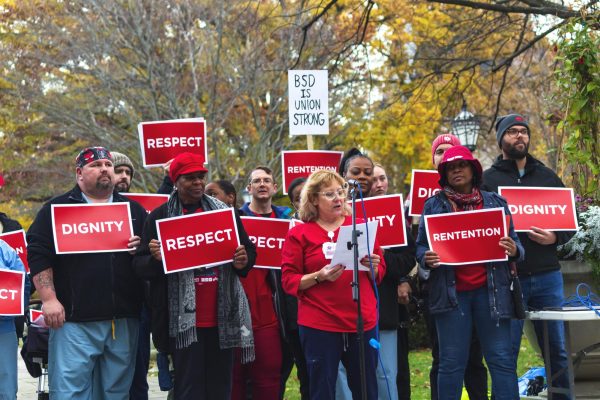
“It’s tremendously frustrating to know the level of care that you want to provide, that somebody deserves, and that what you’re actually able to provide is so far from that,” said Scott Mechanic, who works as a nurse in the emergency department and is also a member of the NNU bargaining team. “What people are getting instead is poor care in a crowded hallway.”
Joe Pruim, a member of SEIU Local 73 for almost six years who has worked at the University for 18 years, also spoke to the crowd. “The University has made safety a bargaining item,” he said, noting that workers needed to negotiate for equipment like safety glasses. “It is not a bargaining item. It is a necessity.”
In addition to workplace safety, SEIU is also calling for increased wages. “We’re not valued at the fair market value that we should be,” Prium said. “There’s a lot of turnover, and it never used to be like that.”
Prium said that if his wages could not increase with the rate of inflation, it might become infeasible for him to continue working at UChicago. “If inflation keeps rising the way it is, I am going to have to look for somewhere else, and it would be an unfortunate thing because I do like working for a university.”
FF member Dmitry Kondrashov, a senior lecturer in the Biological Sciences Collegiate Division, spoke to the crowd calling for increased pay for teaching faculty.
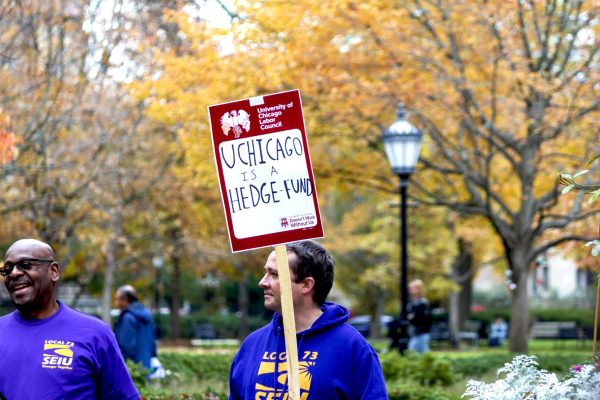
“Inflation has eroded our real pay while the cost of housing, childcare, and many other necessities has skyrocketed,” he said. Kondrashov criticized the pay gap between the University’s executives and workers in the unions. “It’s these executives who made decisions to load the University with debt by spending billions on shiny buildings and then declare the need for hiring freezes, budgetary restraints, and cost cutting on the backs of the workers.”
Reiterating a sentiment conveyed by other speakers at the rally, Kondrashov expressed solidarity between all of the unions present and the workers they represented. “We have each other’s backs, and we won’t let them take away the satisfaction and joy and power of workers standing together in solidarity forever,” he said.
Renée Fonseca, a fourth year Ph.D. candidate in the Biological Sciences Division Department of Human Genetics and member of the GSU-UE’s bargaining committee, expressed dissatisfaction with the University’s current treatment of graduate students on issues including discrimination, lack of dental and vision insurance, and low wages.
“We all have, as grad workers, come to see that the system in place is not working in our best interest. It’s not a system that really cares for our outcomes as future workers and as people,” she said.
“We want to be the best educators and the best researchers that we can be. And it’s really hard to do that when we don’t have the material resources to live comfortably,” GSU-UE’s communication secretary said. “I have friends who have at least one cavity for every year of employment at UChicago because we simply do not make enough to afford dental and vision coverage.”
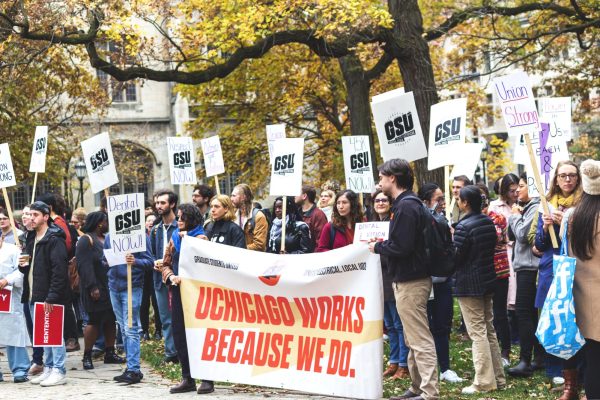
Despite the frustration that union members expressed, many of them were also hopeful for good outcomes from their contract negotiations with the University.
Michael Stablein, Jr., a GSU-UE member and fifth year joint-Ph.D. candidate in English language and literature and Theater and Performance Studies, connected the union action at UChicago with a broader nationwide movement. “We’re seeing a labor movement nationwide that’s really putting wind in the sails of unions across the country,” he said.
Stablein said he was incredibly optimistic. “We’ve been able to secure real wins for our members before we even ratify a contract. The time now is just to bring it across the finish line.”



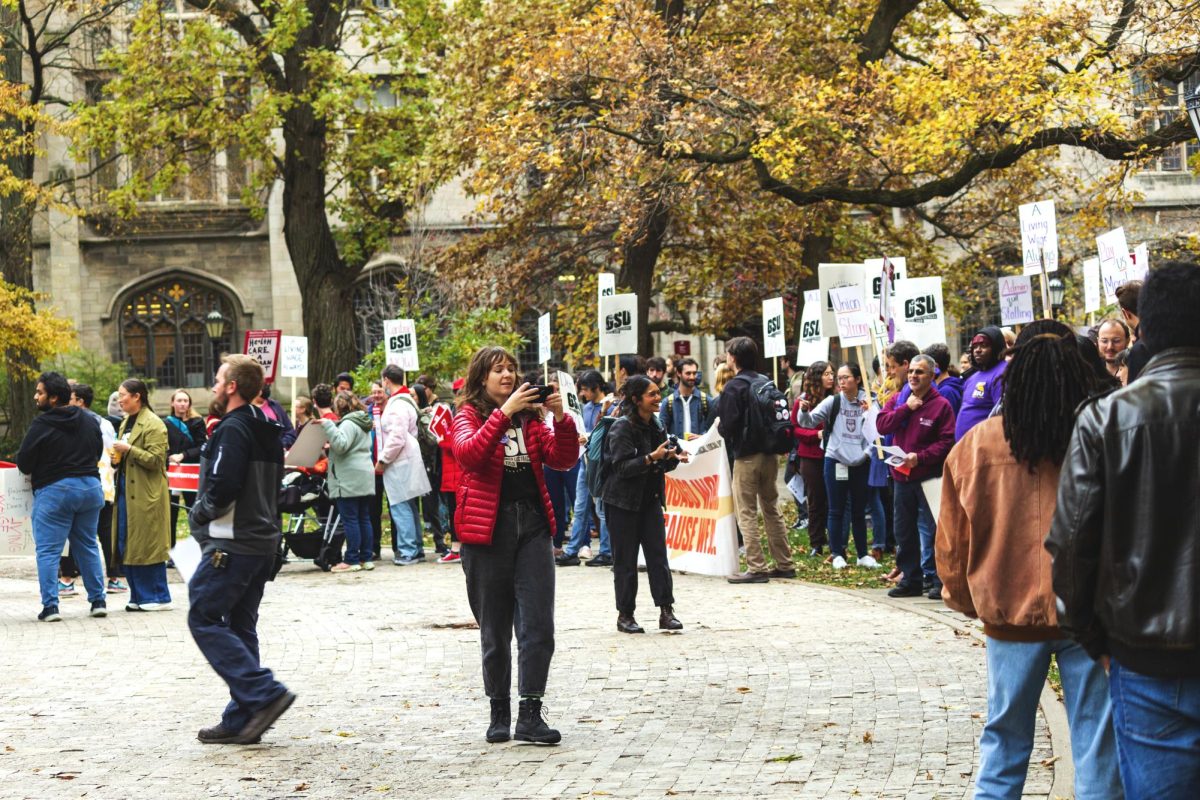



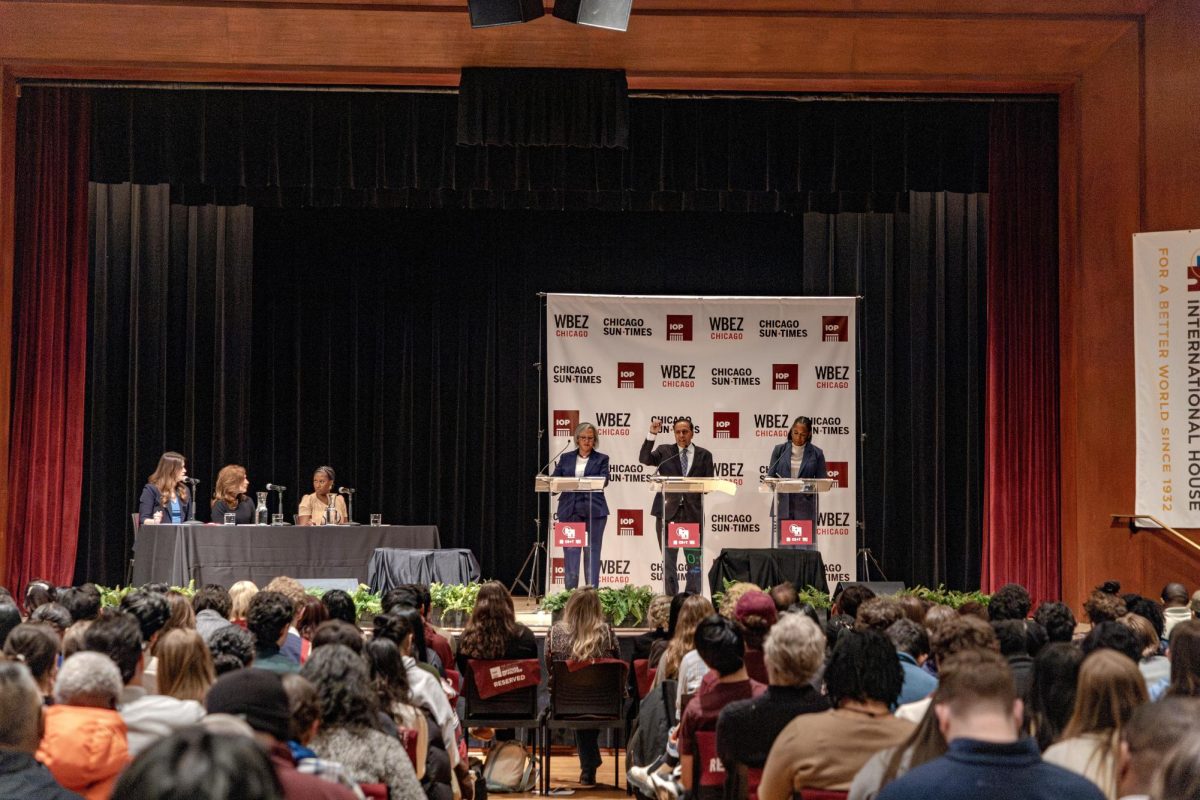







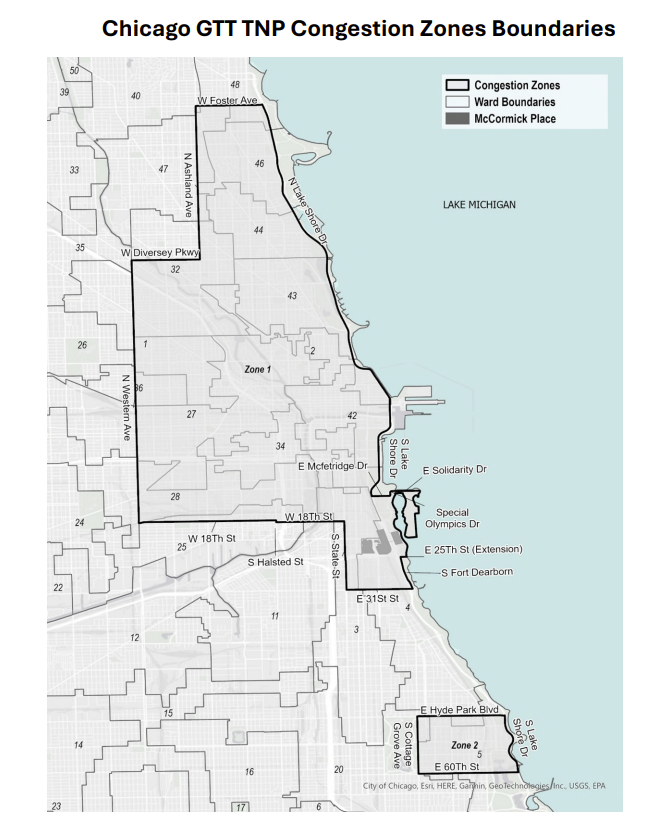
GSU Hostage / Nov 9, 2023 at 6:08 pm
GSU-UE’s claims of fighting against discrimination are laughable. They, along with their UE parent, support BDS, which includes an effort to boycott Israeli academics. This is discrimination based on national origin, and a union promoting such policies cannot represent its members in good faith. It’s time we voted to decertify them.
Robert Michaelson / Nov 11, 2023 at 3:19 pm
Here are some facts about BDS, taken from a BDS web site:
“BDS upholds the simple principle that Palestinians are entitled to the same rights as the rest of humanity.
Israel is occupying and colonising Palestinian land, discriminating against Palestinian citizens of Israel and denying Palestinian refugees the right to return to their homes. Inspired by the South African anti-apartheid movement, the BDS call urges action to pressure Israel to comply with international law.”
I assume that you would agree, for example, that “Palestinians are entitled to the same rights as the rest of humanity.” Moreover, it is very clear that Israel has illegally colonized Palestinian land – the UN says so, and any scholar of international law would agree.
Digging deeper, we find that “Boycotts involve withdrawing support from Israel’s apartheid regime, complicit Israeli sporting, cultural and academic institutions, and from all Israeli and international companies engaged in violations of Palestinian human rights.” Note that this specifies complicit omstitutions, and from companies engaged in “violations of Palestinian human rights.” Nobody, surely, could object to such boycotts.
“Divestment campaigns urge banks, local councils, churches, pension funds and universities to withdraw investments from the State of Israel and all Israeli and international companies that sustain Israeli apartheid.” Do you wish to sustain Israeli apartheid? Note that Nelson Mandella, who knew quite a bit about apartheid, affirmed that Israel must withdraw from occupied territories..
“Sanctions campaigns pressure governments to fulfil their legal obligations to end Israeli apartheid, and not aid or assist its maintenance, by banning business with illegal Israeli settlements, ending military trade and free-trade agreements, as well as suspending Israel’s membership in international forums such as UN bodies and FIFA.” Do you wish to continue doing business with illegal Israeli settlements, and continuing to supply the IDF with bombs that are killing thousands of children, right now, in Gaza?
What, in short, is objectionable about BDS?